Delivery Drones: What Makes Them Different?
Drone delivery is a game-changer in logistics. Amazon and Walmart are making use of drones for faster delivery. But what makes delivery drones differe
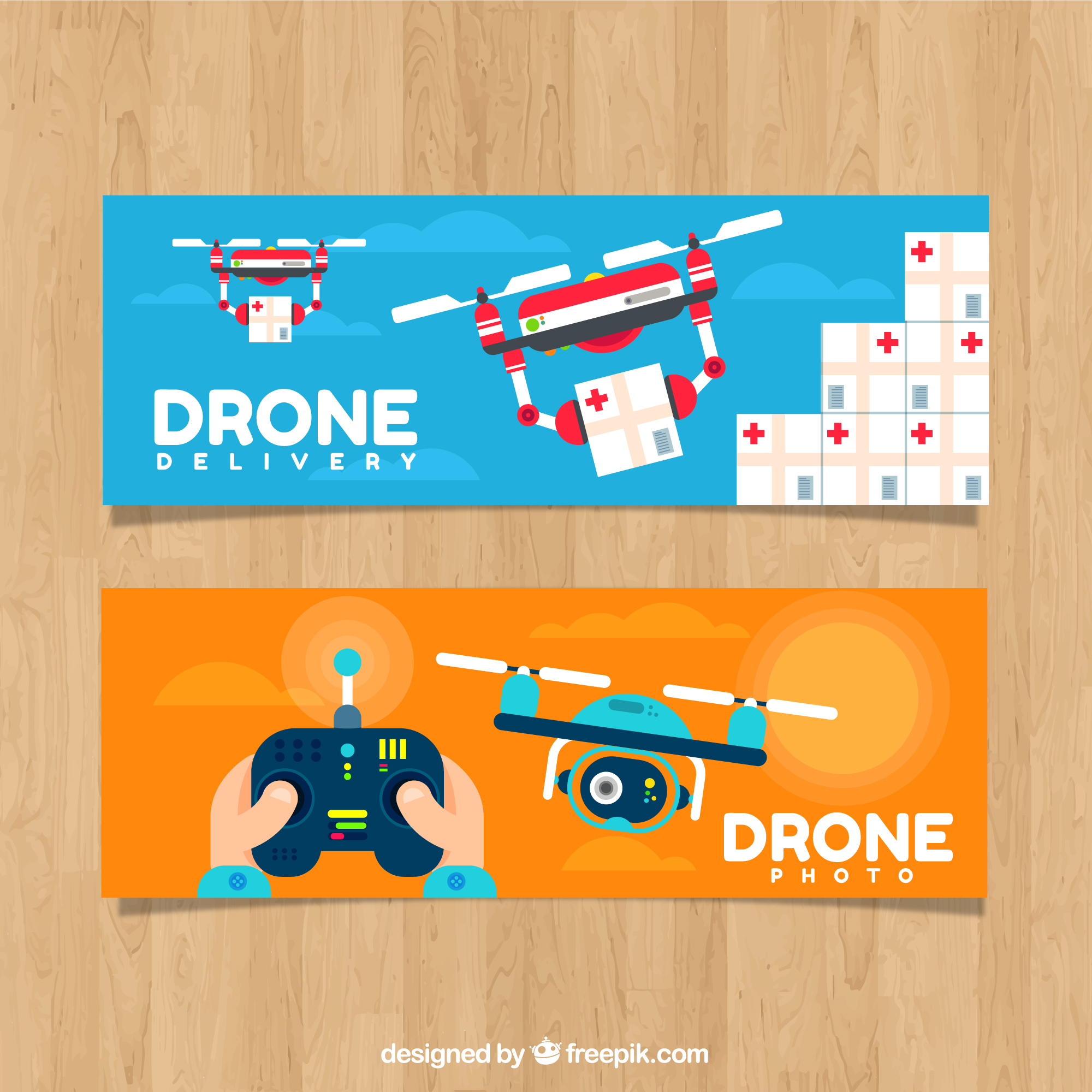
Drone technology has become an important professional tool. Be it agriculture, photography, defence or disaster management, drones are used in almost every field. The most crucial element for effective drone use in all these fields is the payload. As a drone pilot, it is important to understand the type of payload appropriate for each mission. This blog will help you learn in detail what a payload is, what its types are and how to select payloads as stated by different missions.

Payload is the supplementary equipment that a drone carries during flight. This equipment helps fulfil the purpose of the mission for which the drone is being used. For instance, if you are using a drone for photography, then the camera would be its payload. If you are using a drone in agriculture, the payload could be a spray machine or a multispectral sensor. Hence, the payload of a drone defines its utility.

There are different kinds of drone payloads present at present. Let us look at them.
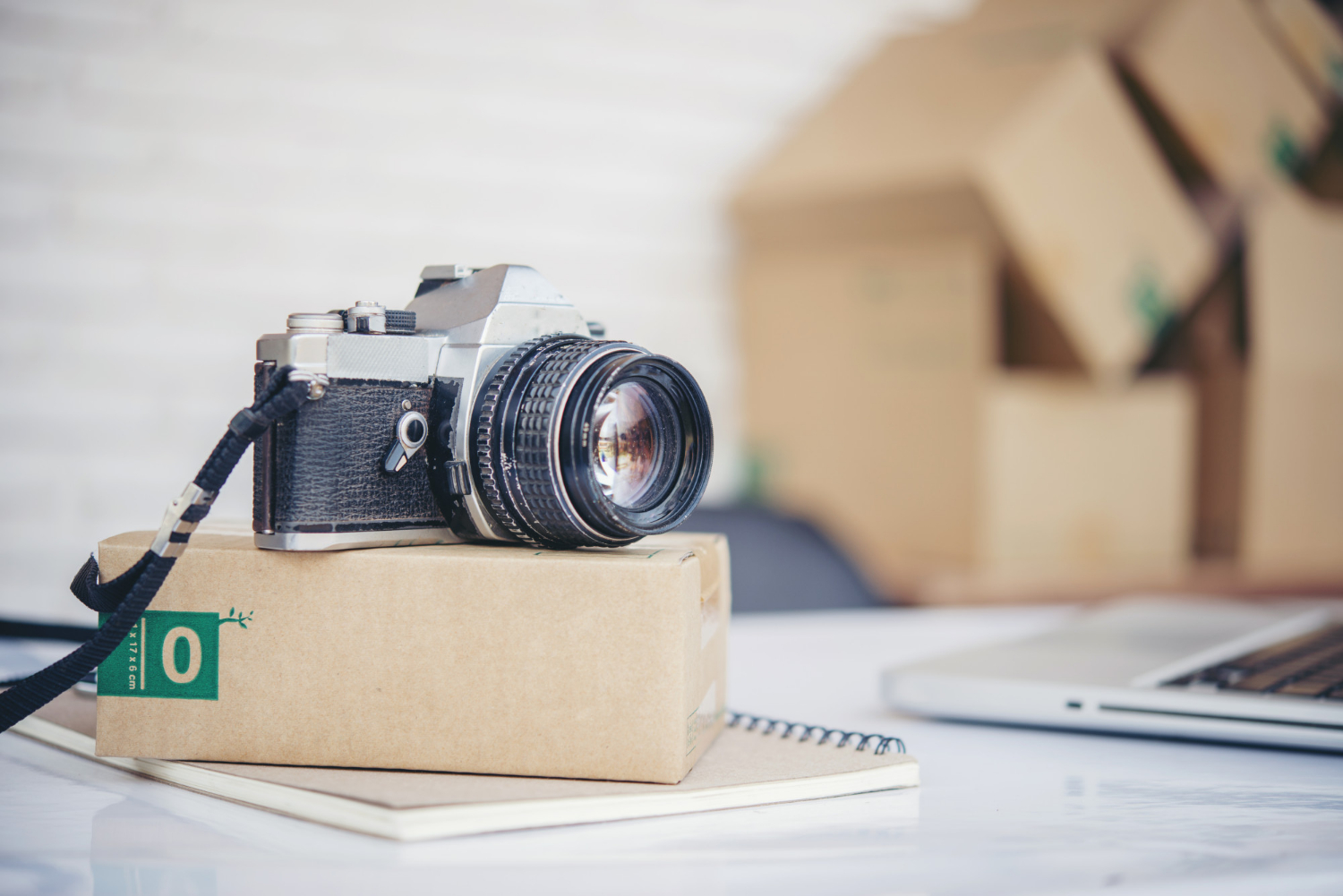
This is perhaps the most common and popular payload. It comprises different cameras for photography and videography, for example, high-resolution cameras, 360-degree cameras, thermal cameras, multispectral and hyperspectral cameras. For instance, thermal cameras are beneficial in disaster management or for inspecting solar plants, while multispectral cameras are used in agriculture to check plant health.

LiDAR is a cutting-edge payload technology used for topographical mapping, forest surveys or infrastructure surveys. It creates a high-precision map of the surface structure with the help of a laser beam.

These sensors are tremendously useful in environmental monitoring. With drones, farmers can identify which plants are healthy and which are not, how much moisture is in the soil and which area needs more fertilizer.
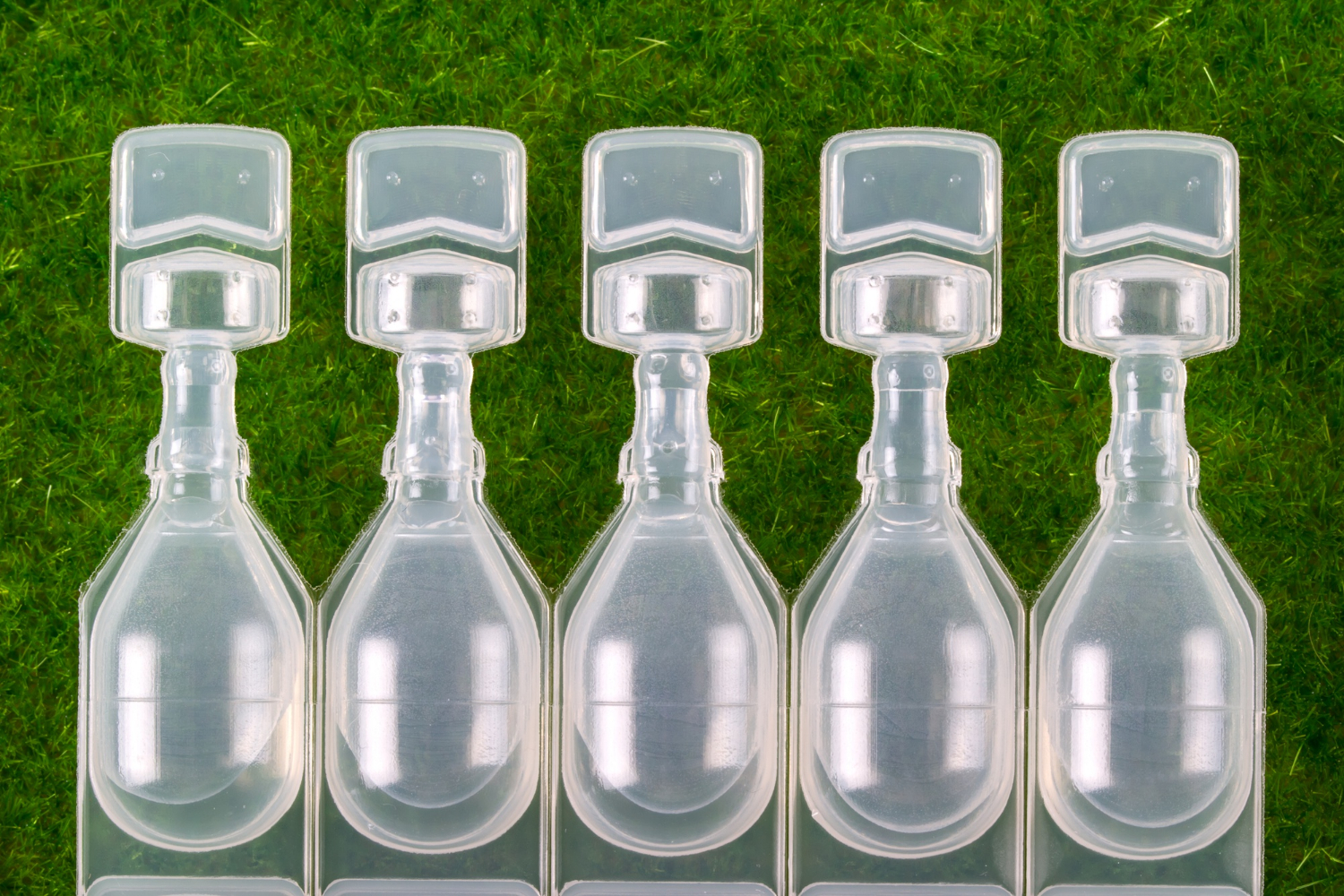
Drones are used in disaster relief operations to deliver food items, medicines or other vital items. For this purpose, a drop system is used as a payload. Similarly, spray nozzles and tanks are also considered payloads in agricultural drones that spray pesticides or fertilizers.

In some missions, custom payloads are intended for special purposes, for example, gas sensors, radio communication devices or robotic arms. These are used in industrial, defence or research work.

The objectives of every mission are different. If the payload is not selected appropriately, not only might the mission fail, but the drone may also be damaged. For instance, a heavy payload can drain the drone's battery faster, limit its range and duration, or cause the drone to become unbalanced and crash. Consequently, when selecting a payload, its weight, the drone's maximum lifting capacity, balancing, and mission priorities should be taken into account.
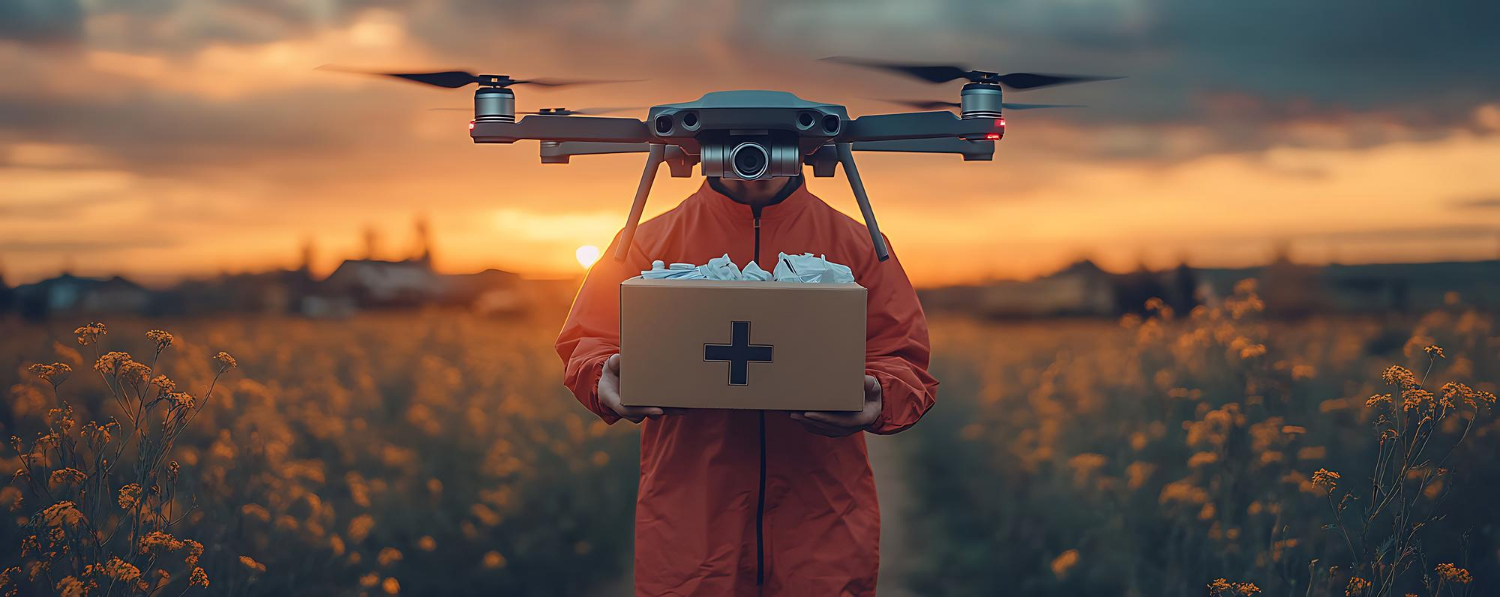
There are various factors for payload selection and let us look at them in some detail.
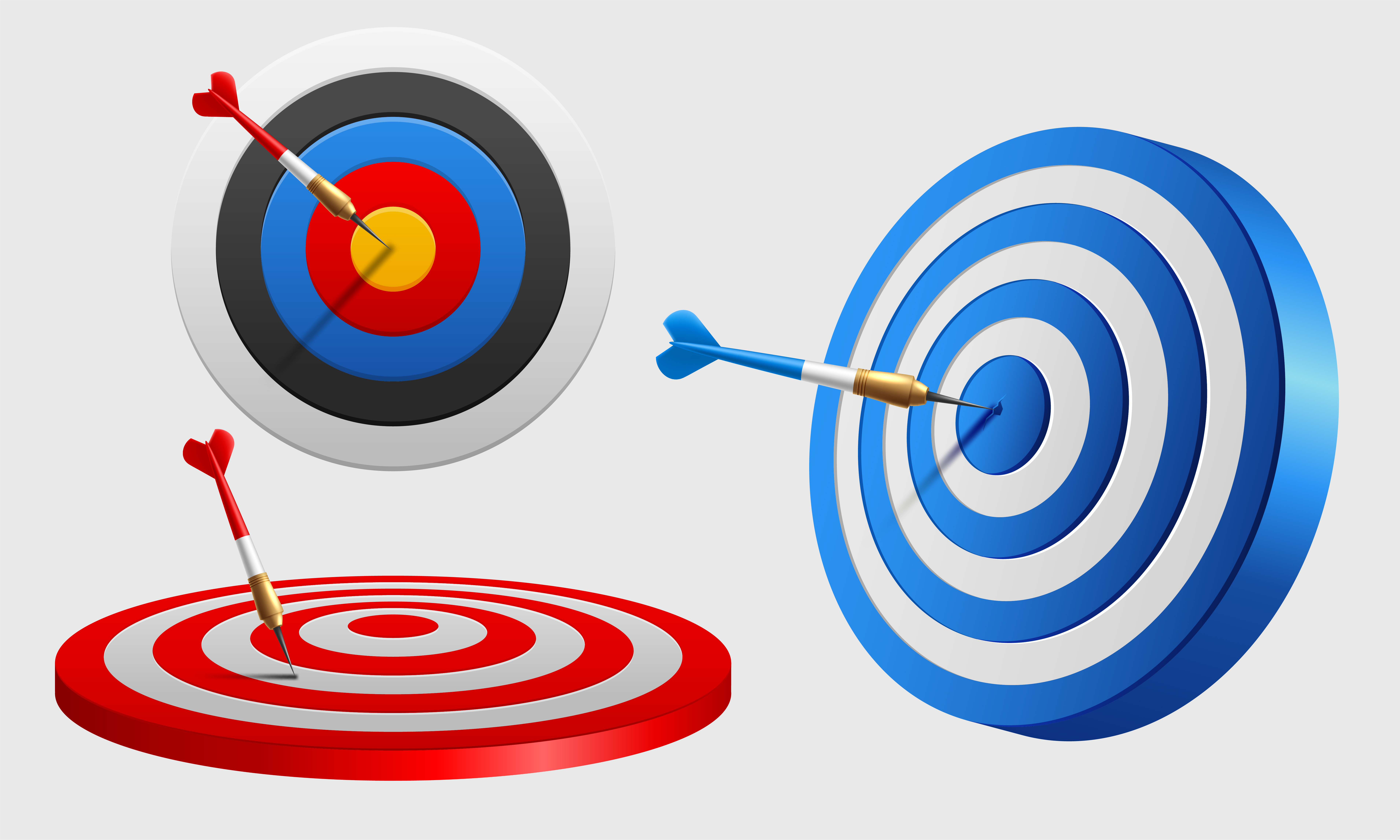
The first question should be, what is the objective of the mission? Do you want to collect data, observe, map or deliver materials? Depending on this objective, the type of payload will be determined.

Every drone has a maximum weight limit that it can carry. If the payload exceeds this limit, it will put added strain on the drone's battery and limit its flight performance. Consequently, select the payload as stated by the technical specifications of the drone.

Some payloads, for example, lidar or thermal cameras, consume more power. If the drone has a low battery capacity, a more energy-intensive payload will not be appropriate. Hence, it is significant to balance the power requirement of the payload and the battery time.
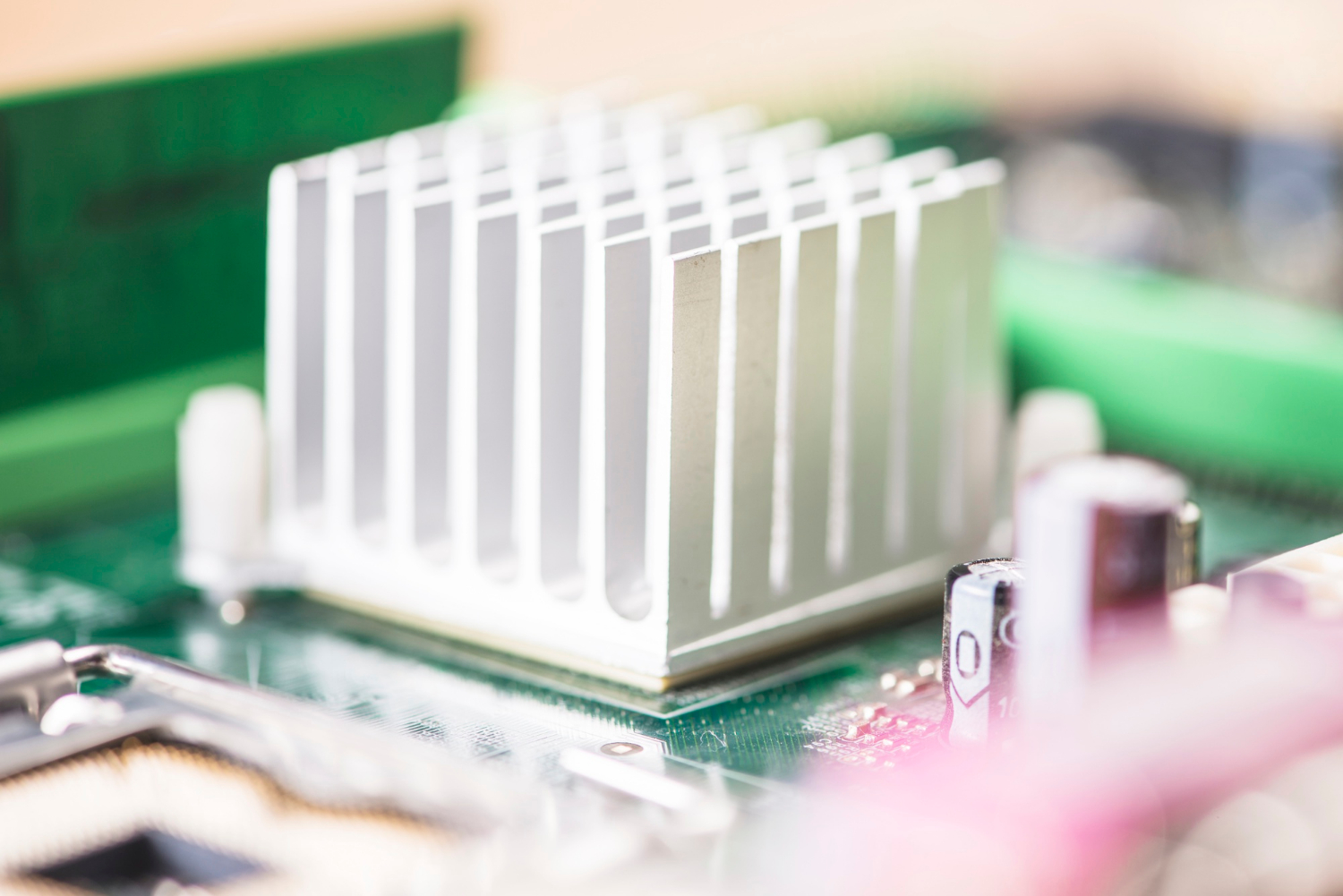
If you are using data-collecting payloads, such as cameras or sensors, you must check whether the drone can store the data or transmit it in real-time.

Some payloads do not work in specific weather conditions, for example, rain, high temperature or extreme humidity. Hence, payloads should be selected based on the weather expected during the mission.
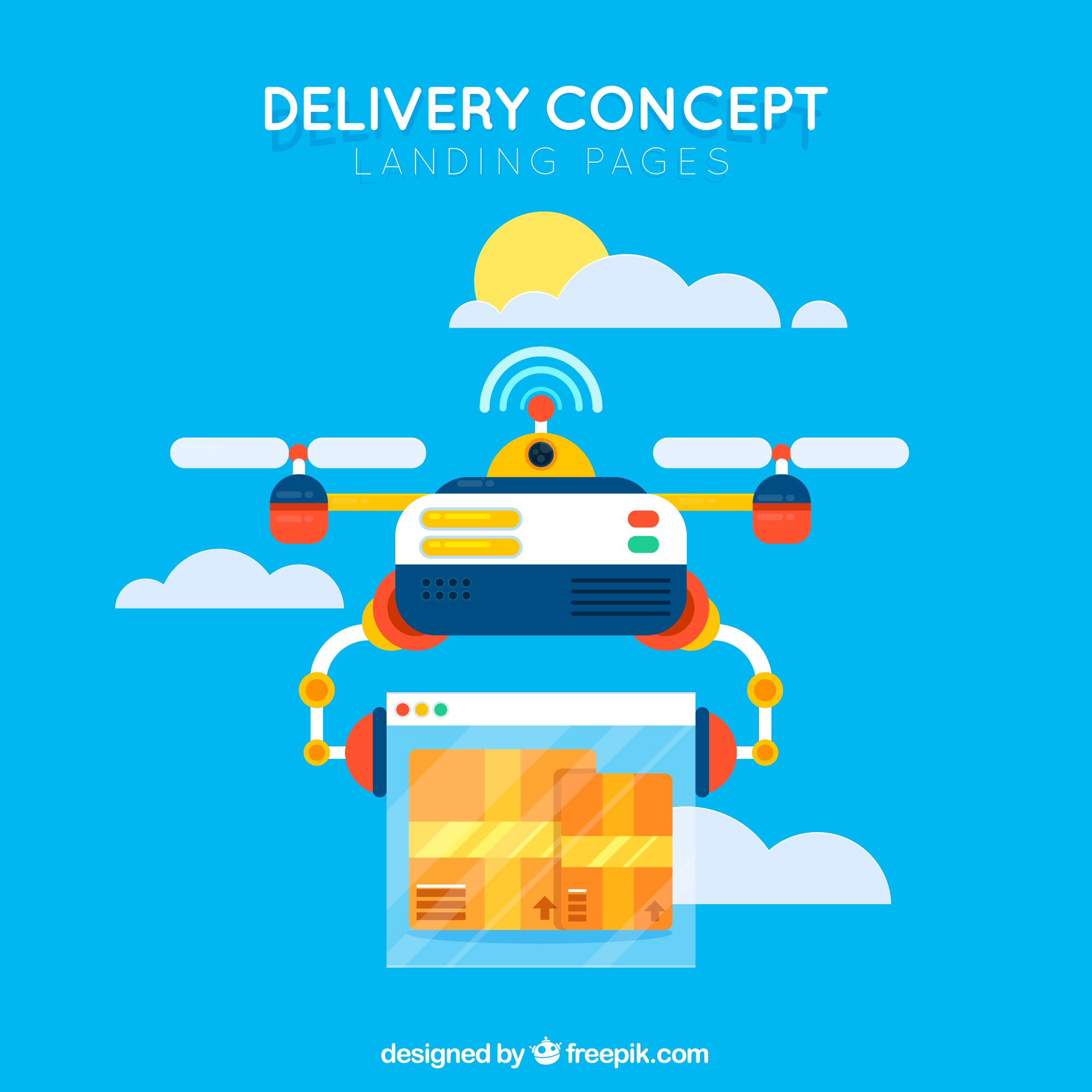
Different fields allow for different kinds of payloads, and some fields need to be examined. Let us look at some of them.
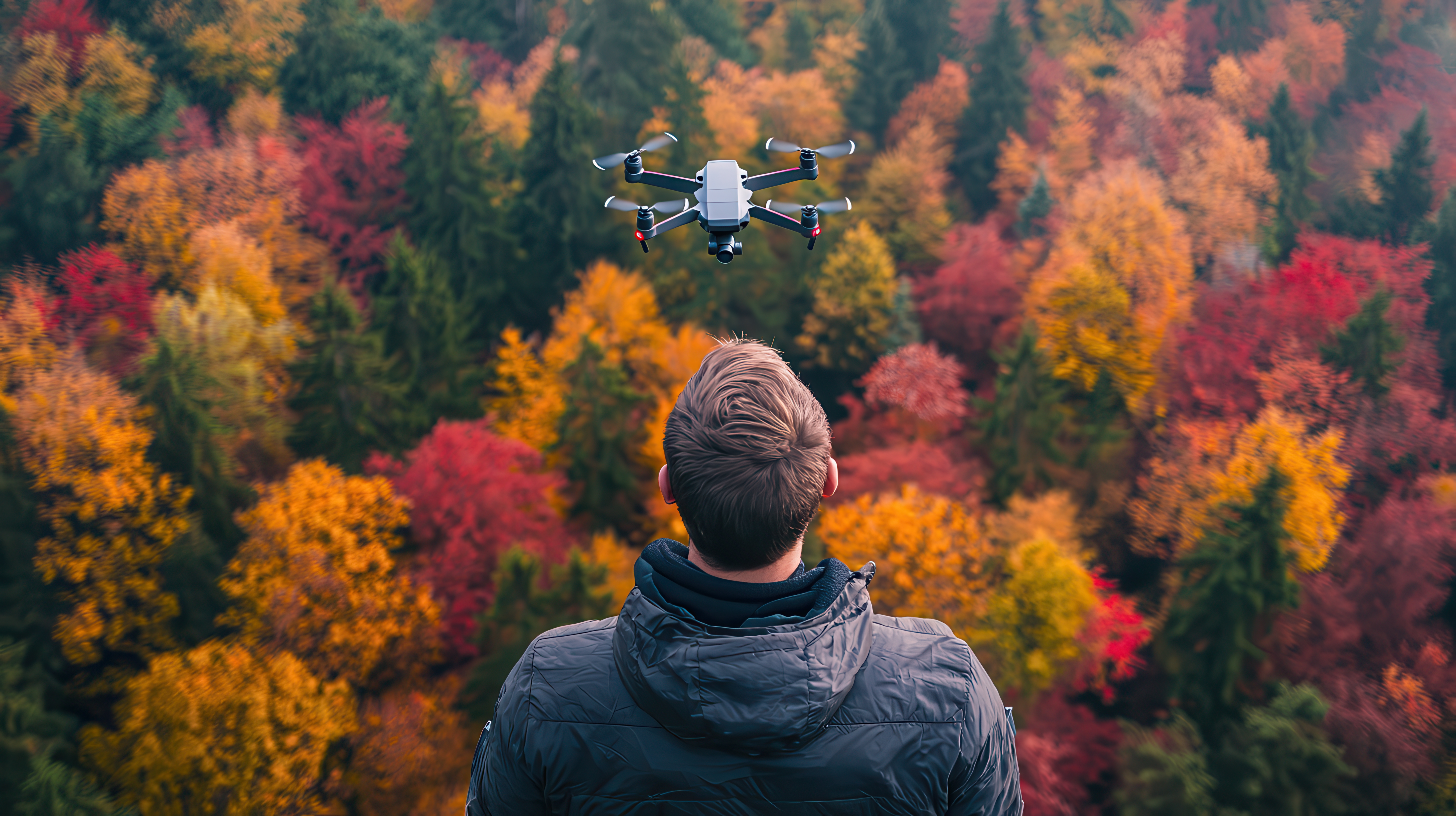
High-quality 4K or 8K cameras, stabilizers and ND filters are appropriate for this field. Photographers frequently need gimbal-stabilized cameras to guarantee smooth footage.
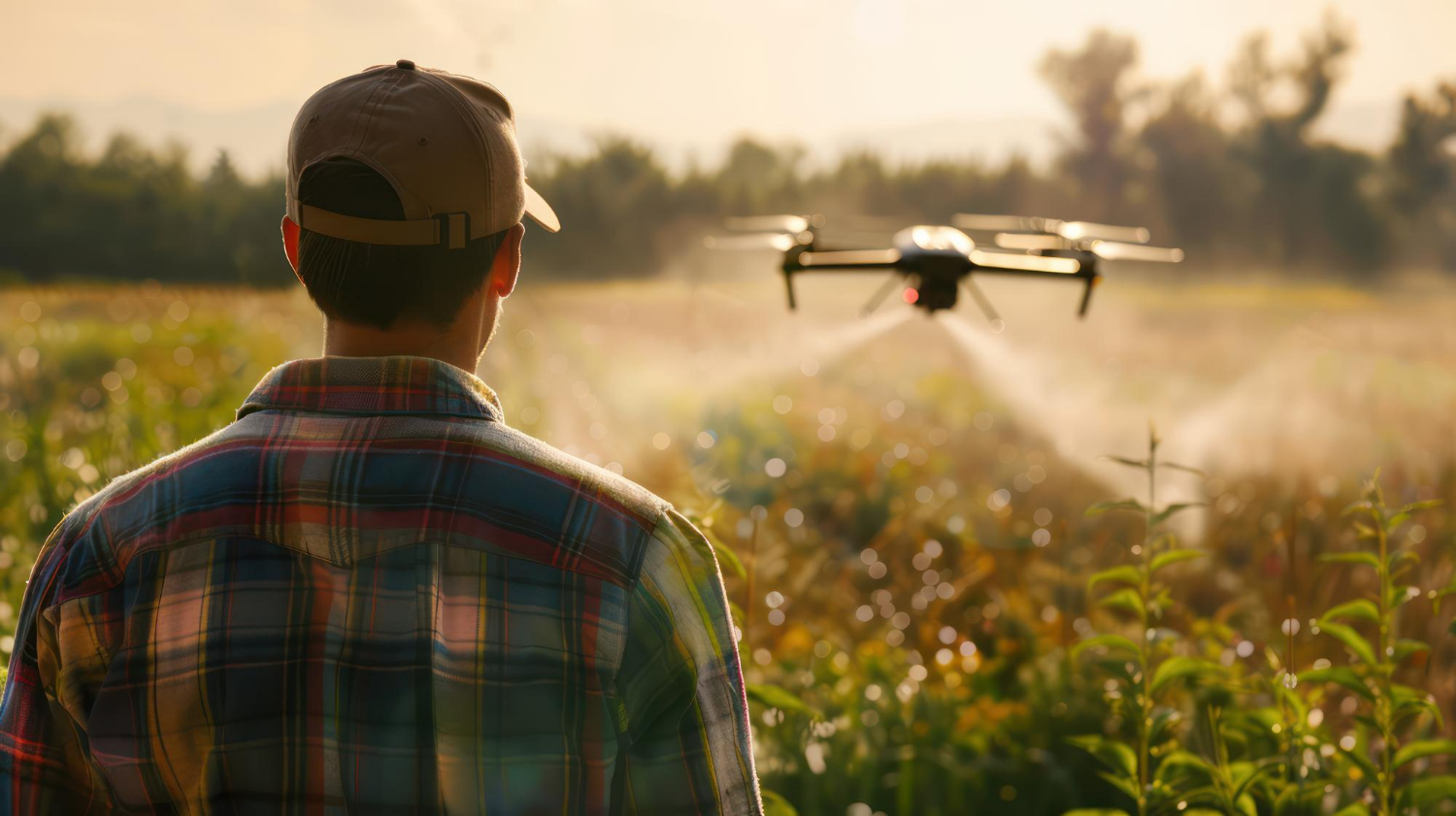
Multispectral sensors, NDVI cameras and spray systems are more appropriate for agricultural drones. This lets farmers examine the condition of the crop and spray pesticides as required.

Lidar, RTK GPS and high-resolution cameras are the most valuable payloads for this task. Precision is of greatest importance in mapping, so the positioning and stability of the payload also matter.
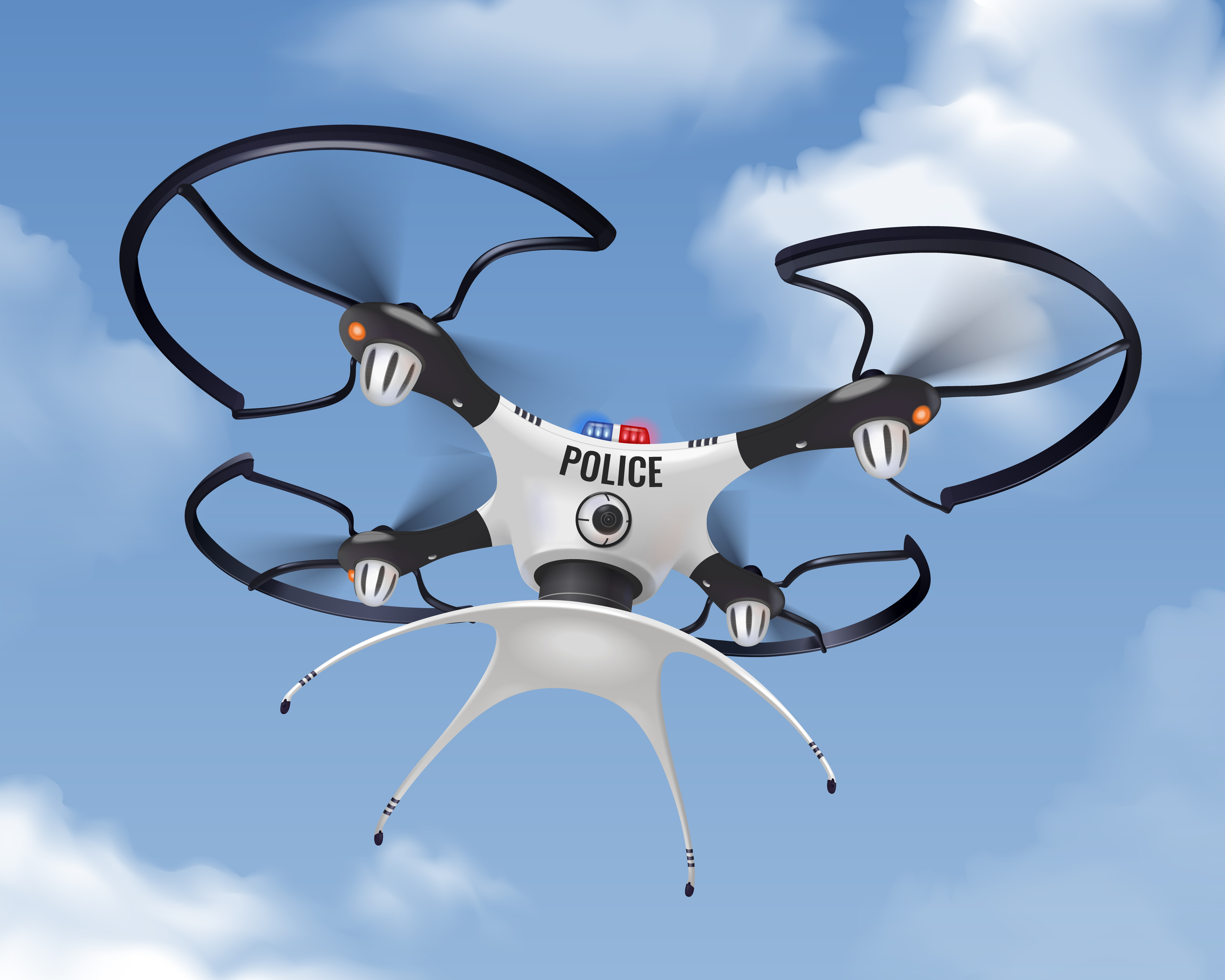
Infrared cameras, thermal sensors and night vision cameras play a significant role in defence missions. In addition to this, real-time data transmission, encrypted communication and long-range monitoring payloads are vital.
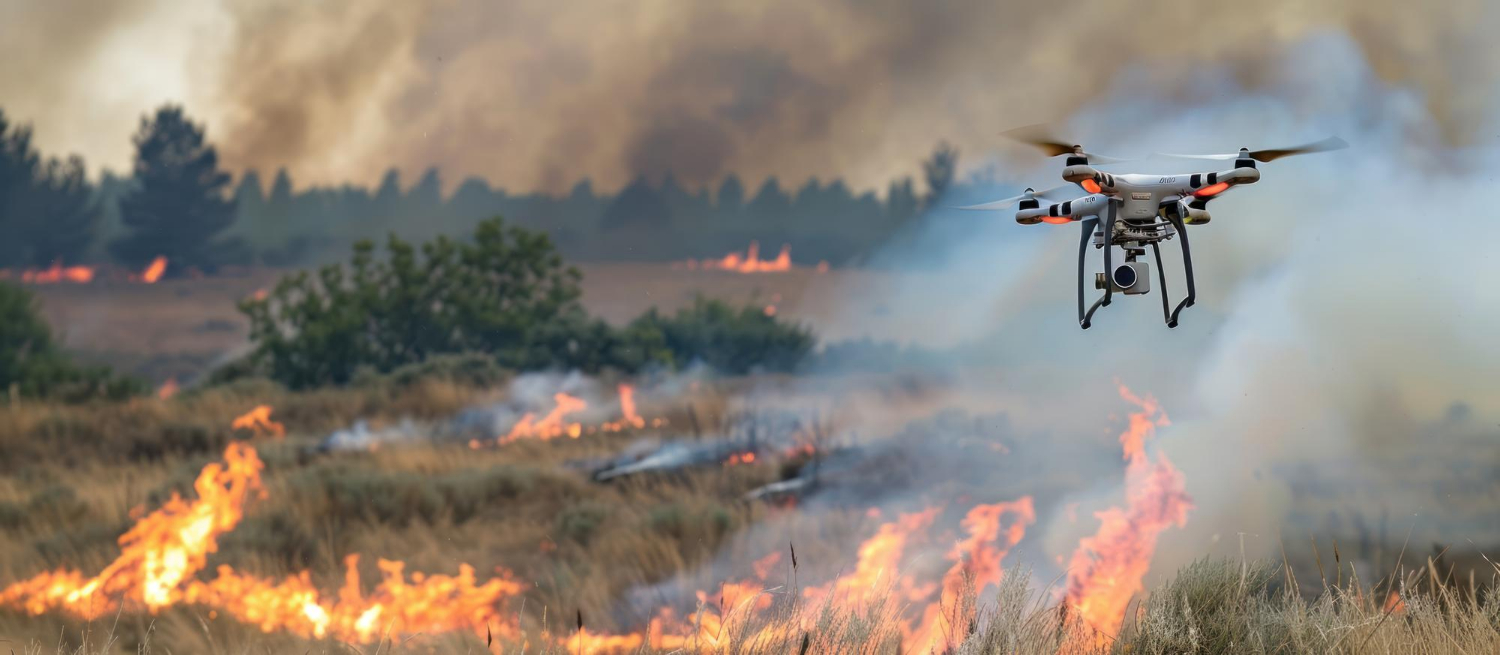
Such missions use drop delivery payloads, thermal cameras and live streaming equipment to deliver relief materials rapidly and analyze the situation immediately.
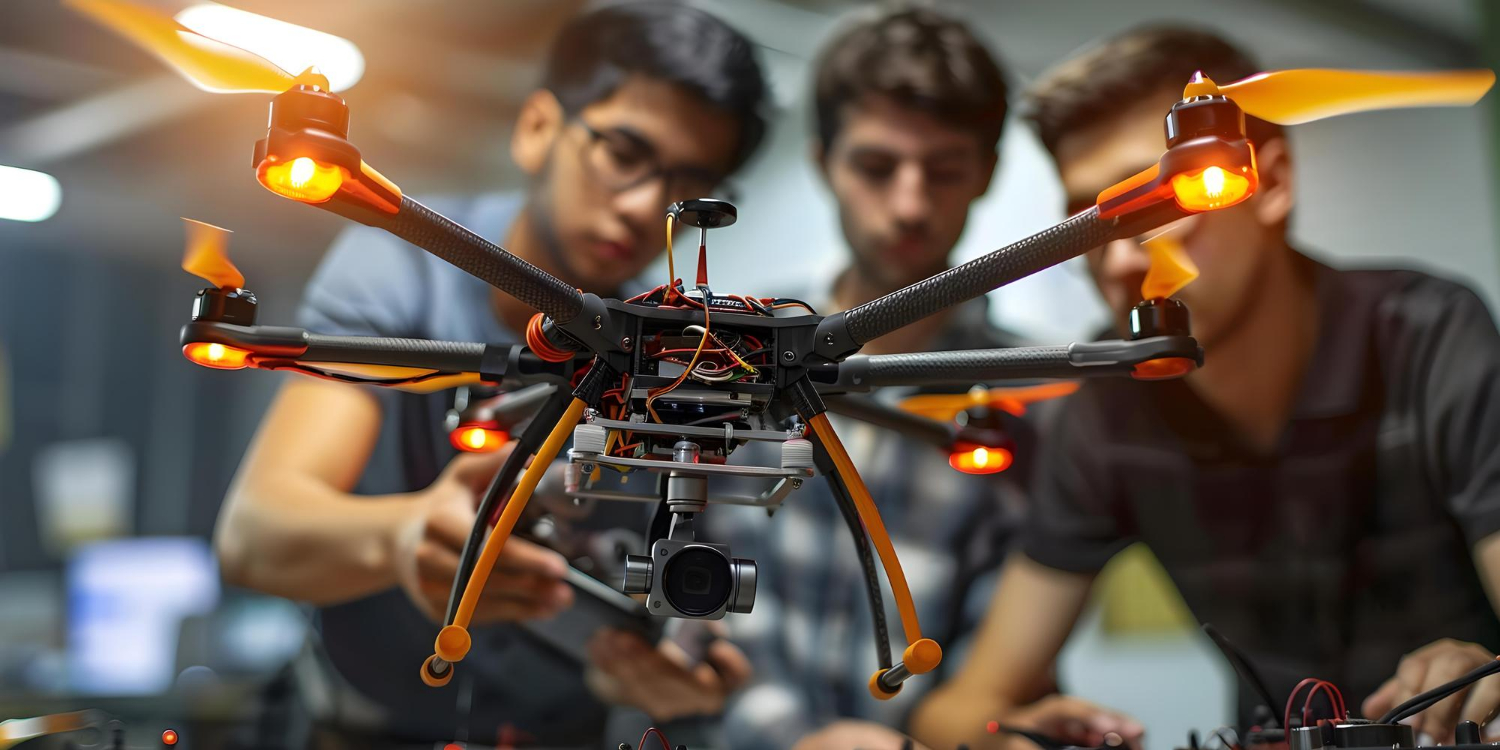
While choosing a payload, it is also vital that it is well-suited to the drone’s software and hardware. Occasionally, special SDKs or APIs are necessary to integrate third-party payloads. Also, if you want to plan automated missions, the drone software must be compatible with the payload.
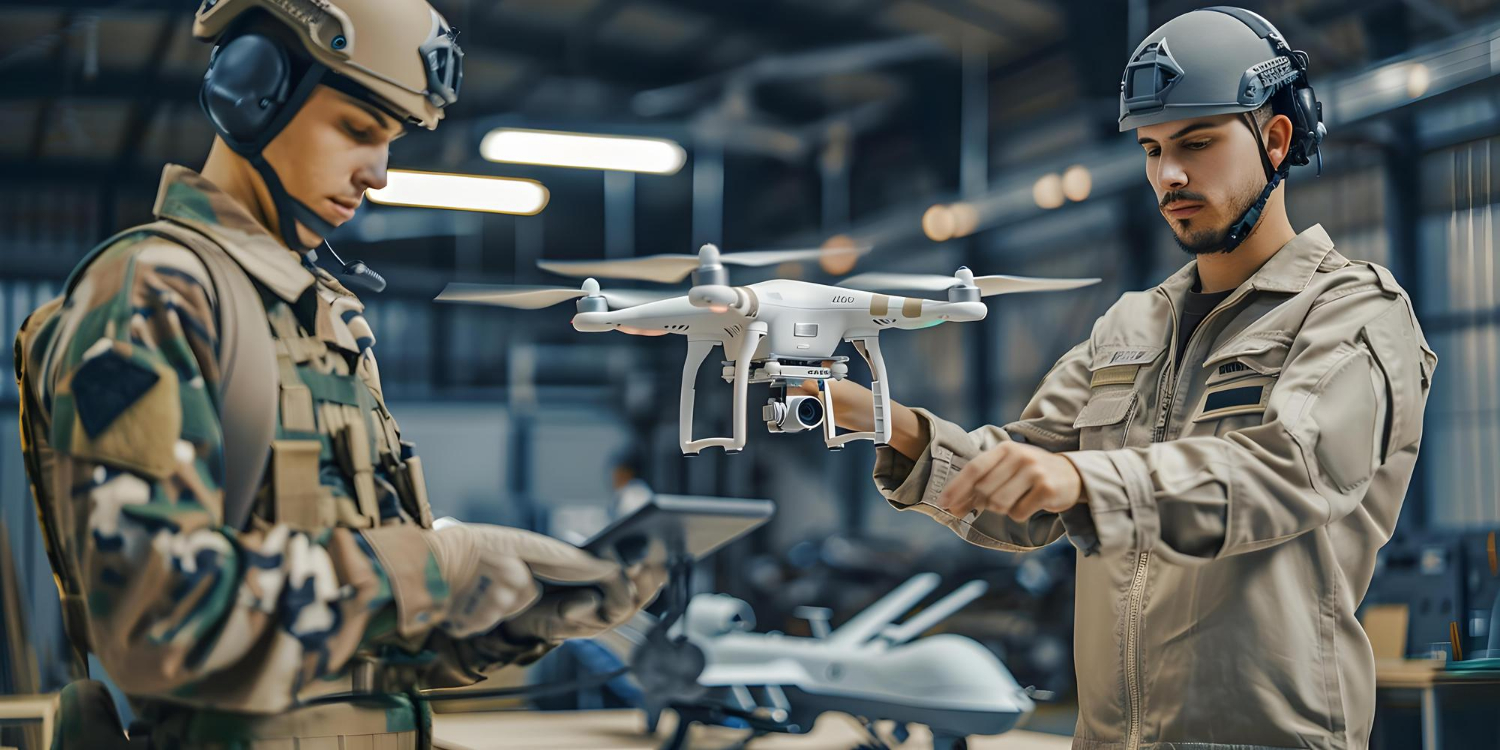
Testing any new payload is vital before sending it on an actual mission. The functionality of the payload, battery consumption, data quality and other technical aspects need to be assessed. Also, the drone pilot must have complete training on the operation of that payload and its effects so that the mission can be accomplished safely and successfully.

Drone technology is changing in the modern era, and accompanied by that, payload technology is also evolving vastly. As a skilled drone pilot, one must understand the mission requirements correctly and choose the payload accordingly. By keeping in mind, the principles and technical aspects given in this blog, you can choose the suitable payload for every drone mission and take your competence to the next level. If you want to take drone operations to a professional level, then thorough study and testing of payloads is important for your success. It is imperative to find a drone training school like Flapone Aviation and enroll in it to understand the dynamics of drone piloting and become an avid drone pilot.
Whether you're a beginner or looking to upskill, our training advisors can help you choose the right course.